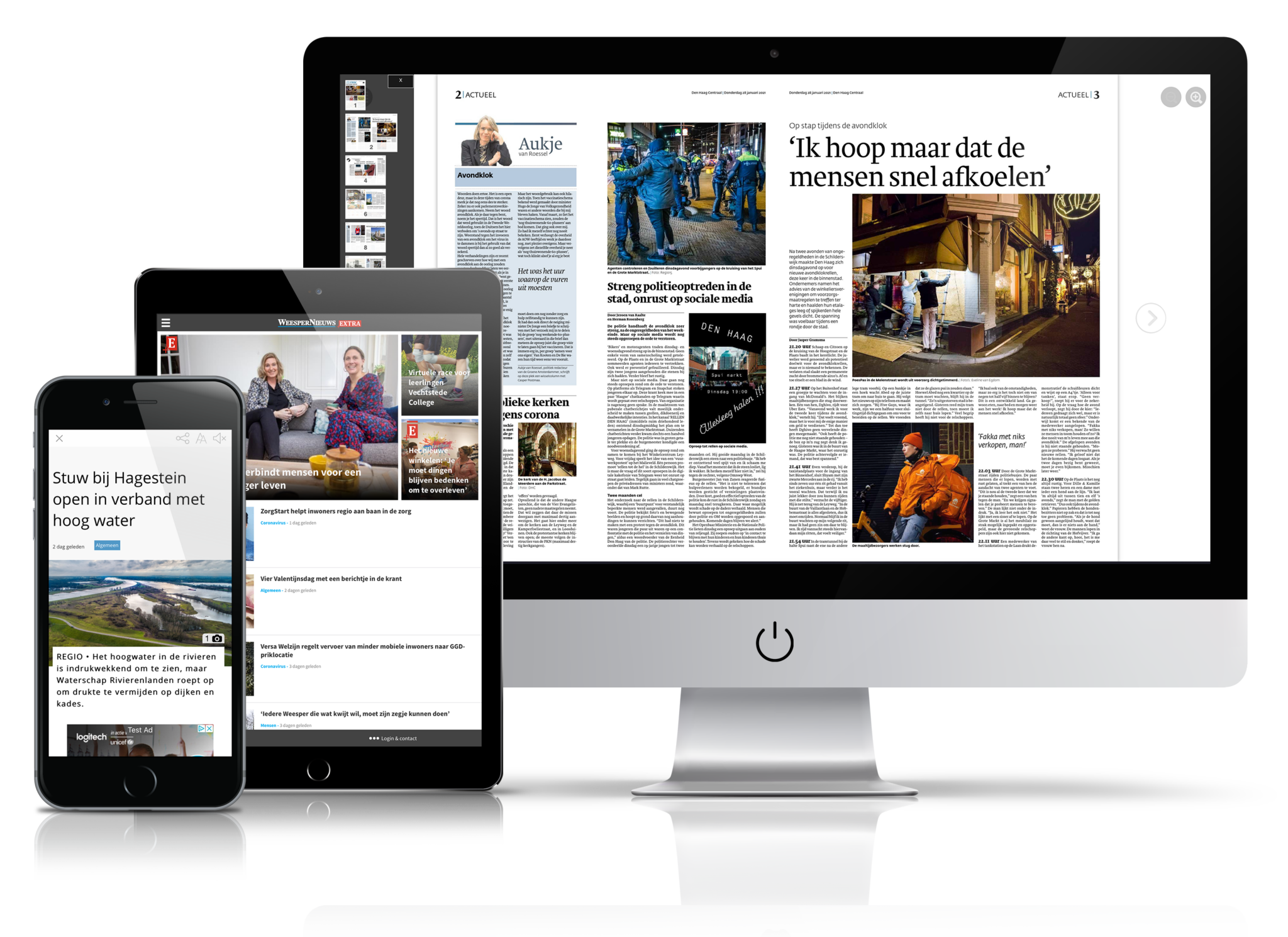The Main Principles Of News Websites
Some Of News Websites
Table of ContentsRumored Buzz on News WebsitesExcitement About News WebsitesThe 9-Second Trick For News WebsitesUnknown Facts About News WebsitesTop Guidelines Of News Websites
It was down in the UK and Brazil yet up a few other nations, such as Greece, Bulgaria, and Poland (News Websites). This year, for the first time, we inquired about the various manner ins which individuals avoid the information and located that around half of avoiders (53%) were trying to do so in a broad-brush or regular means for instance, by switching off the radio when the information came on, or by scrolling past the news in social mediaYou claimed that you try to proactively stay clear of information.

I'm possibly selecting to learn more light-hearted tales than I made use of to at the moment. M, 51, UK Turning my back on news is the only method I feel I can cope occasionally. I have to knowingly make the effort to transform away for my very own mental wellness.
5 Easy Facts About News Websites Described
Discerning evasion of Ukraine news was highest possible in much of the nations closest to the problem, reinforcing searchings for from our additional study in 2014, quickly after the battle had started. Our information might not recommend a lack of rate of interest in Ukraine from nearby countries yet instead a need to handle time or safeguard psychological wellness from the extremely actual horrors of war.
Comparing Finland with a politically polarised country such as the USA (see following graph) that is much less affected by the battle, we find a very various pattern of subject evasion. In the United States, we locate that customers are much more likely to avoid topics such as nationwide politics and social justice, where debates over issues such as sex, sexuality, and race have ended up being extremely politicised.
American national politics are pretty hazardous nowadays. I find in some cases that I have to disconnect from stories that just make me angry. F, 61, United States For some individuals, bitter and disruptive political arguments are a reason to shut off information entirely, however, for description some political partisans, avoidance is typically concerning obstructing out point of views you do not want to listen to.

More About News Websites
Some are wanting to make information more available for hard-to-reach teams, broadening the news agenda, appointing more inspiring or positive information, or welcoming useful or solutions journalism that give people a sense of hope or individual company. In our survey this year, we asked respondents concerning their rate of interest in these various methods.
This discusses why tales like Ukraine or national politics carry out well with news regulars however can at the same time turn less interested users away (News Websites). Selective avoiders are much less interested in all sorts of news than non-avoiders but in relative terms they do seem to be much more curious about favorable or solutions-based information

A Biased View of News Websites
2023). This might hold true in the minute, yet with time it seems to be leaving many people empty and less pleased, which may be weakening our connection with and count on in the information. Across markets, general depend on in news (40%) and rely on the resources individuals utilize themselves (46%) are down by a better 2 percent factors see here this year.
Via the rear-view mirror, the COVID-19 trust fund bump is plainly noticeable in the complying with chart, though the direction of travel later on has been mixed. In many cases (e.g. Finland), the count on increase has been maintained, while in others the upturn looks more like a spot in check out this site a tale of ongoing lasting decrease.
Several of the highest reported levels of media criticism are found in countries with highest degree of question, such as Greece, the Philippines, the USA, France, and the UK. The most affordable degrees of media objection frequent those with greater degrees of trust fund, such as Finland, Norway, Denmark, and Japan.
Some Known Questions About News Websites.
This year we asked participants about their choices for message, audio and video when eating news online. Usually, we find that the majority still like to review the news (57%), rather than watch (30%) or pay attention to it (13%), yet younger people (under-35s) are more probable to listen (17%) than older groups.
Behind the standards we discover substantial and surprising country differences. In markets with a solid analysis practice, such as Finland and the United Kingdom, around eight in ten still like to check out on-line information, but in India and Thailand, around four in ten (40%) state they like to enjoy information online, and in the Philippines that percentage mores than fifty percent (52%).